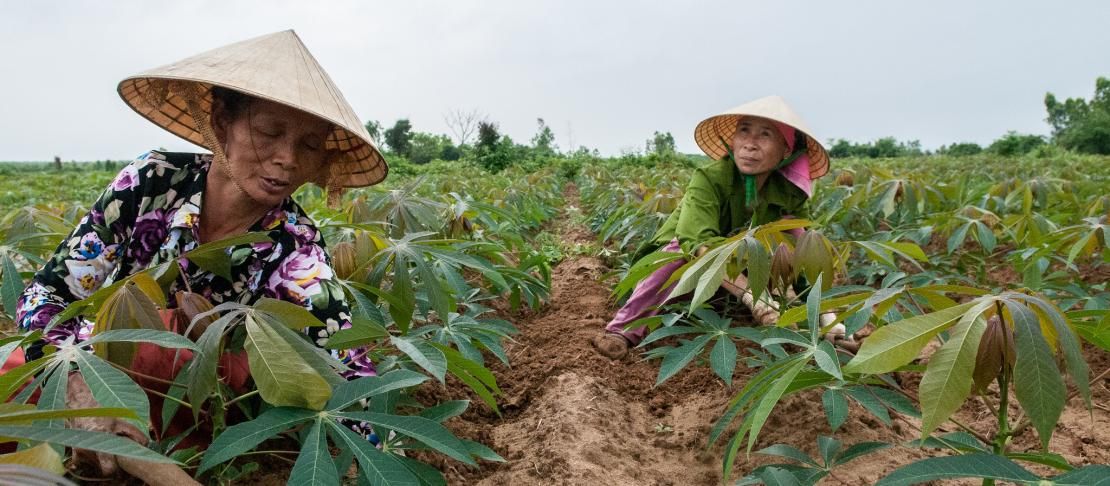Policy imperatives for Southeast Asia's regional food systems under climate change

Many Southeast Asian countries are fast changing with strong economic growth, population increase and rapid urbanization. With rising income, consumers in the region are diversifying their diet from staples to more high-value products such as meat, dairy products, fruits, and vegetables.
At the same time, these fast rising countries are highly vulnerable to extreme events such as drought, flooding, typhoons, salinity intrusions and sea level rise. The preparedness of these countries to advice farmers in high risk zones to diversify away from paddy to more climate resilient crops such as corn, legumes, roots and tubers in a timely manner could save livelihood of millions of small poor farmers.
The objective of this proposal is to develop policy and institutional framework to mitigate the effects of extreme weather events in high risk zones of Vietnam and the Philippines through policy dialogue and crop diversification. In a nutshell, the specific objectives can be broken down into the following two components. The first component focuses on generating and disseminating scientific evidence of benefits of crop diversification in rice-based cropping system. The second component specifically focuses on strengthening seed systems through policy reforms and private sector participation. The project aims to accelerate crop diversification in high risk zones of Vietnam and the Philippines and raises income of 100,000 farmers by 20%. This is expected to improve the sustainability of rice based systems and improve nutrition security.